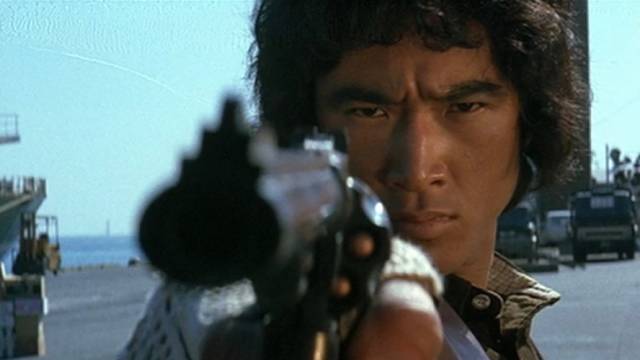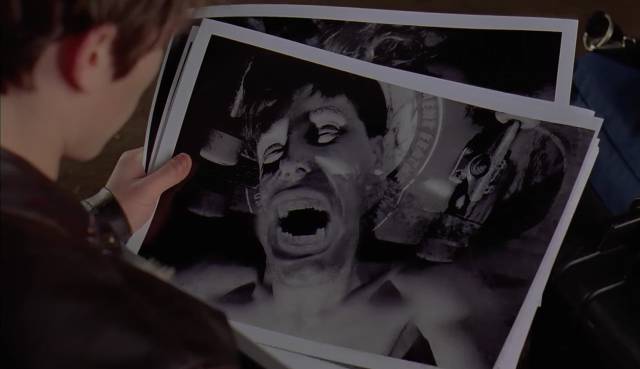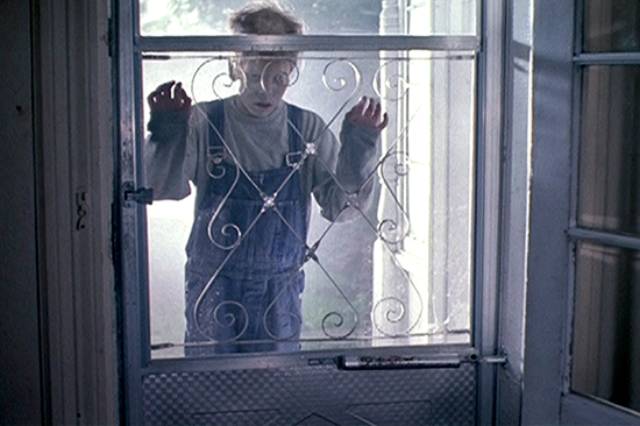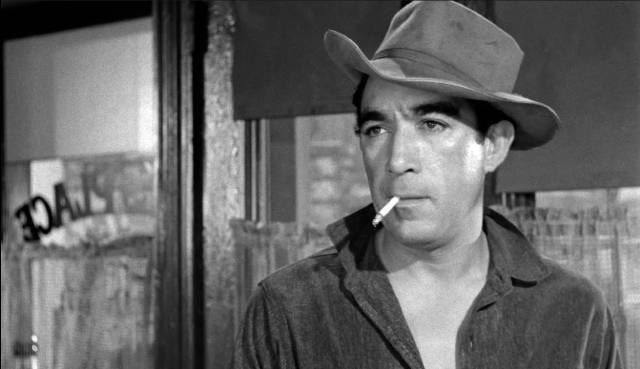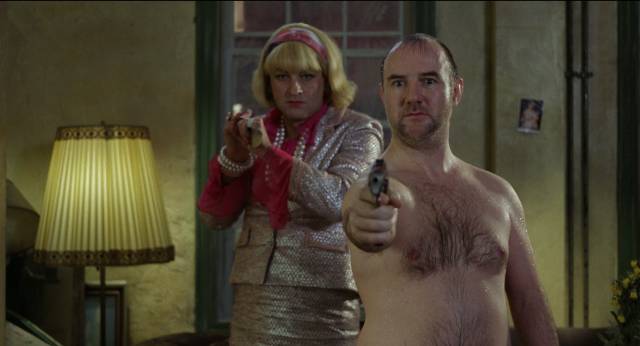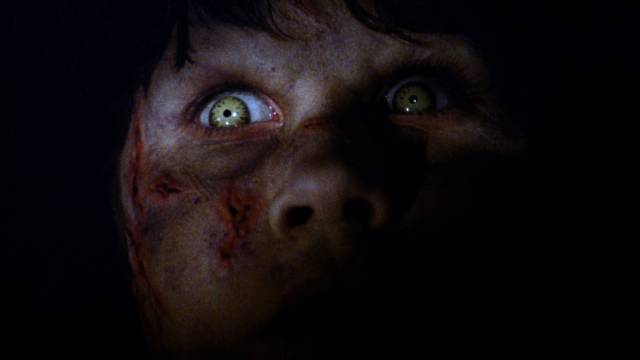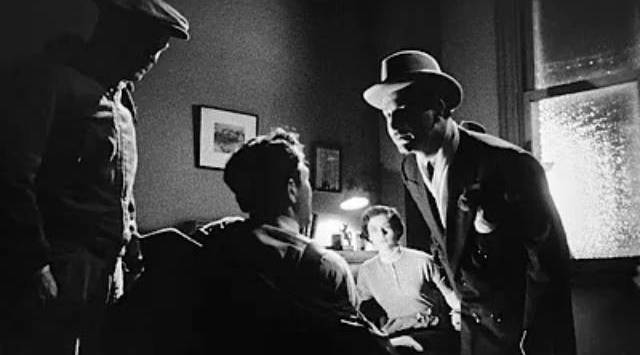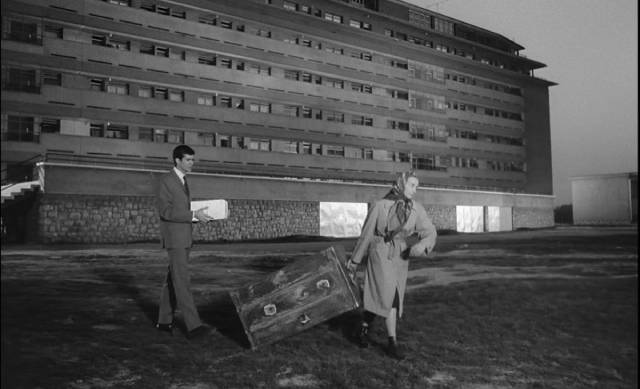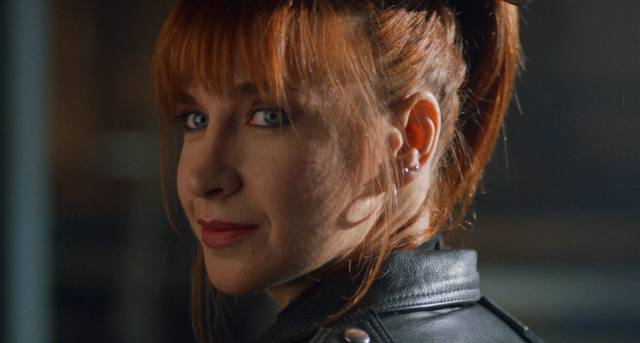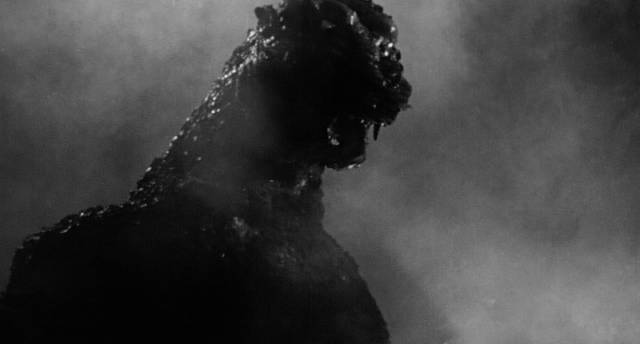
The publication of a pair of novellas aimed at young adults, first published in 1955 and now translated for the first time into English, adds an interesting footnote to the history of Godzilla and restores writer Shigeru Kayama to his key place as the creator of the original story which was adapted by Ishiro Honda and Takeo Murata into the classic Gojira (1954).
